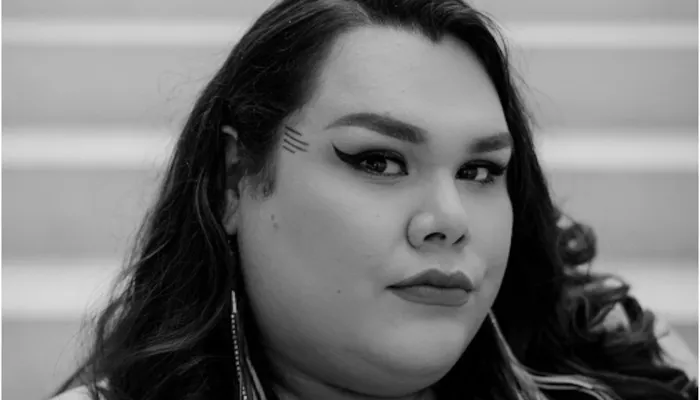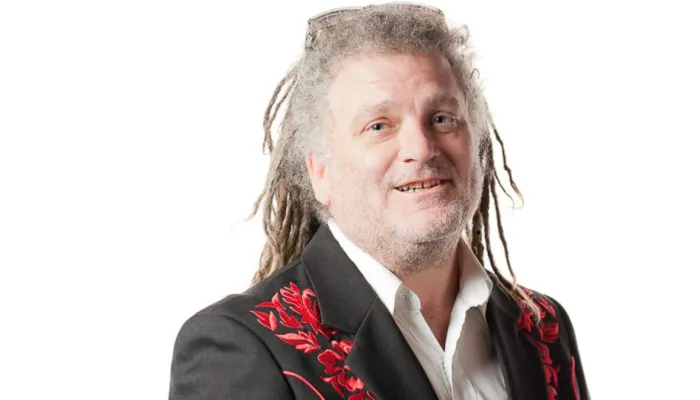Adriana Oniță
Biography
Micro-interview
Absolutely! As a teenager, I was obsessed with “The Raven” by Edgar Allan Poe. In my Grade 8 L.A. class in Edmonton, I even wrote a "remix" or parody of this poem. I was lucky to have brilliant teachers in junior high and high school who made space for creative, fun, inspiring poetry projects like that. I even remember analyzing Eminem's “8 Mile” for an English class.
I started very young, Poetry is embedded in my mother language and culture (Romanian). I remember memorizing and reciting poems at home and school at five years old. I began writing poetry in grade three, and continued throughout my schooling, but it wasn't until I studied with Derek Walcott (Nobel laureate in literature) in university that I gained the courage to start imagining myself as a poet. I was around 20 years old when I began to take poetry seriously, and incorporated it into my research, my teaching, and my community work. It was also in my twenties that I realized I can mix and play with the languages I know. I read bilingual poets like Gloria Anzaldúa, Erin Moure, Oana Avasilichioaei, Maurice Kilwein Guevara, Tato Laviera. So I now write in Romanian, English, Spanish, Italian, and French — sometimes within the same poem!
I once asked a 10-year old the same thing and she said: “to inspire an absolute sense of freedom.” But I won't steal her answer (lol).
I would say a poet's job should involve a mixture of both individual and community work. We work at our desks, experiment with words and language, and hone our craft. But we must also remember that poetry, historically, has been a social and political activity. We must make space for others to thrive and to have their voices heard. This is why I consider myself a poet, but I've also simultaneously always been a community arts-organizer (with The Polyglot, the Edmonton Poetry Festival, the Griffin Poetry Prize, and more).
I would memorize "New Year's" by Nicole Lachat, because it's a poem full of hope and delight.


